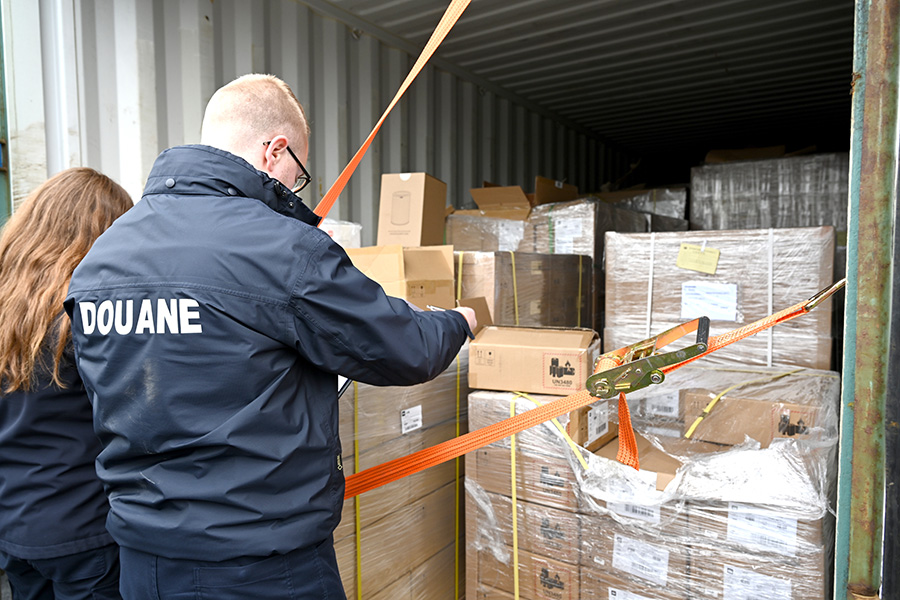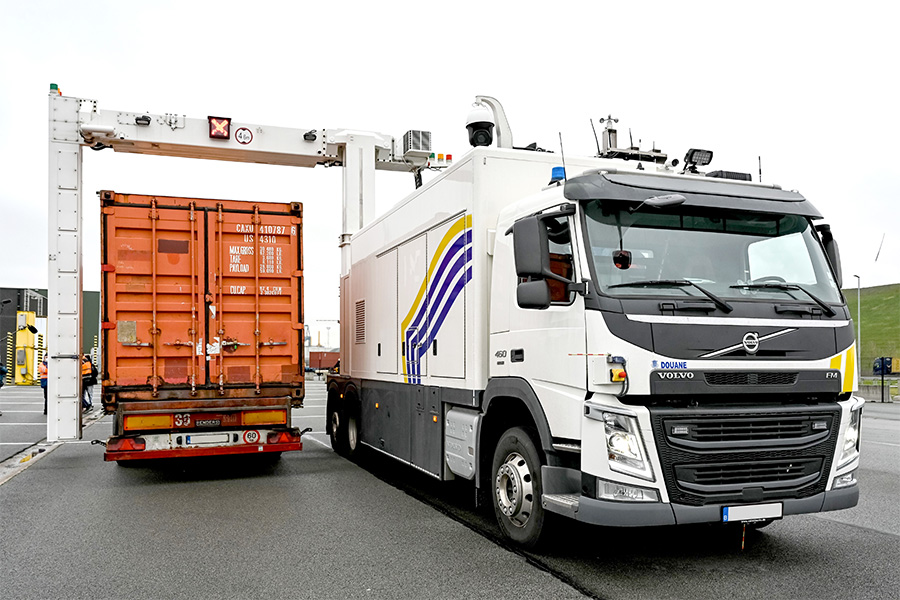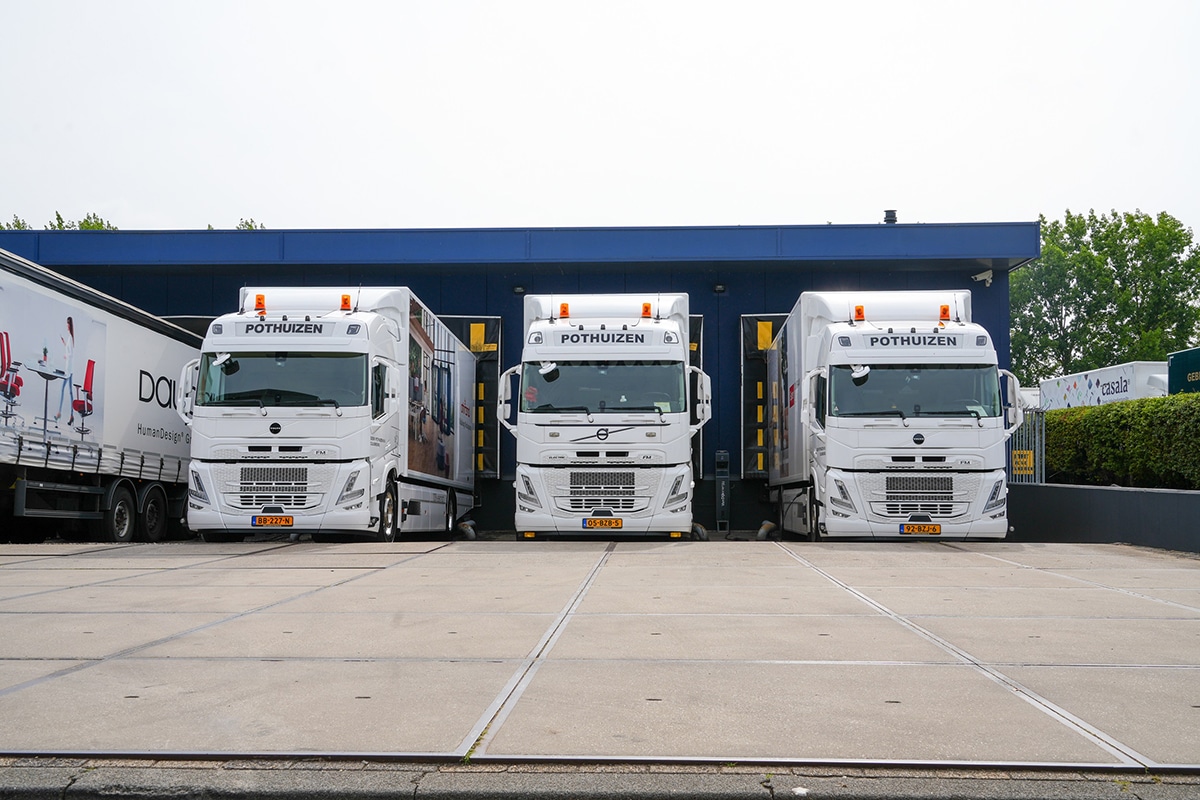
Customs sanctions policy reform on the way for Belgian market players
Customs criminal law in our country is still based on the Code Napoléon from the early 19th century. The result? Over 18,000 codes to clear goods in and out. A source of frustration for Belgian companies doing international business, as they risk hefty fines. So a reform of Belgium's customs sanction policy is more than welcome.
That reform is currently in full swing. "Companies, freight forwarders, shipping agents, policy makers ... all players in the sector have been calling for several years for a thorough reform and modernization of the current prosecution and sanctions policy," said Werner Rens, Advisor General at the FPS Customs & Excise.
"In the 2020 federal coalition agreement, the modernization of customs law in our country was included in the coalition agreement. In 2022, the cabinet of Finance Minister Vincent Van Peteghem organized several roundtables with representatives from industry, logistics, legal, academic and customs circles to prepare this reform. The National Forum (the consultation platform of the private sector and the General Administration of Customs & Excise, n.v.d.r.) recently gave the green light to a reform proposal."

Belgian customs authorities too strict?
Are Belgian customs authorities too strict compared to their foreign counterparts? Companies in our country think so. For the slightest administrative error in a customs declaration, a fine is imposed, it sounds. And also: the sanctions policy in our country would be too repressive, while the customs authorities in our northern neighbors roll out a more remedial approach. Rens nuances. "In recent years, the world has become a lot more complex. New and sometimes unexpected geopolitical events make international trade more volatile, with European policymakers, among others, pushing for more control. After all, we don't want to ship goods that can be used in war situations. Not to mention the fight against drugs against which we are deploying more and more people and resources."
Areas of concern in sanctions reform
"In the customs sanctions policy to be reformed, the principle of good faith should be further developed in customs legislation," Rens points out. "This avoids certain disputes automatically ending up in court. Companies must also be given the opportunity to correct mistakes, without, of course, giving a free pass to laisser-passer. If an international market player knowingly breaks the rules and commits fraud, we must continue to punish it severely." ■




